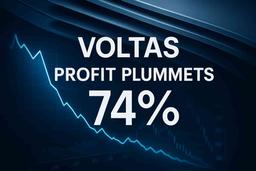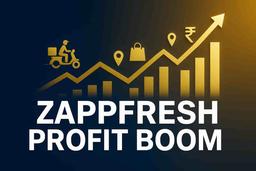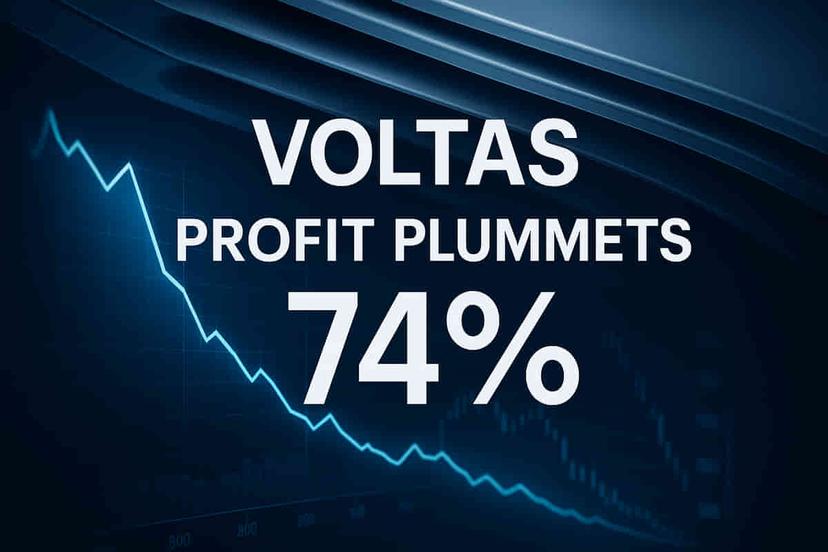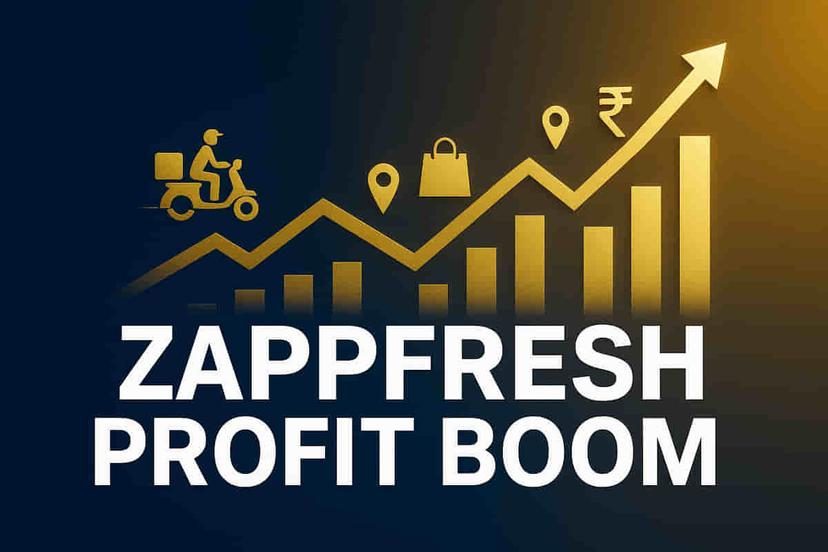India's Economy Set to EXPLODE! Moody's Predicts Stunning 6.5% Growth - What It Means For YOUR Money!
Economy
|
Updated on 13 Nov 2025, 09:22 am
Reviewed By
Satyam Jha | Whalesbook News Team
Short Description:
Detailed Coverage:
Ratings agency Moody's predicts India's economy will achieve a strong growth rate of 6.5% annually through 2026 and 2027, solidifying its position as the world's fastest-growing major economy.
This growth is attributed to sustained domestic demand, driven by significant infrastructure investment and consistent consumer spending. Moody's noted that India's economic expansion is also supported by a neutral-to-easy monetary policy stance, which is feasible due to low inflation. International capital flows, boosted by positive investor sentiment, have provided a cushion against external economic shocks.
Despite facing a substantial 50% tariff from the Donald Trump administration on certain products, Indian exporters have demonstrated resilience by successfully diversifying their markets. Overall exports increased by 6.75% in September, even as shipments to the United States saw an 11.9% decline, indicating a strategic redirection of trade.
Impact This news significantly impacts the Indian stock market and business environment by signalling strong economic fundamentals and stability. It enhances investor confidence, potentially attracting more foreign investment and supporting the valuations of Indian companies across various sectors. The projection of consistent growth suggests a favorable environment for business expansion and profitability. Rating: 8/10
Difficult Terms Explained:
G-20: An international forum consisting of the world's 20 largest economies, working on global economic issues. Monetary policy stance: The approach taken by a central bank (like India's RBI) to manage the money supply and credit conditions to control inflation and stimulate growth. Capital flows: The movement of money across international borders for investment or trade purposes. GDP (Gross Domestic Product): The total monetary value of all the finished goods and services produced within a country's borders in a specific time period. Deceleration: A decrease in the rate of growth or speed. Economic decoupling: The process where two economies become less interconnected and reduce their reliance on each other, often due to political or trade disputes.
SEBI/Exchange Sector

SEBI's Game-Changer: Faster Registration, Cheaper Trading & Eased Short-Selling for Foreign Investors!
Consumer Products Sector

India's Gem & Jewellery Exports Eye $32 Billion Target with ₹25,000 Crore Govt Push!

Cadbury Maker Mondelez Unleashes Global Biscoff Sensation in India! Sweet Shock for Rivals?

Voltas Profit COLLAPSES 74%: Lean Summer & GST Woes Hit Hard! What's Next?

Asian Paints Skyrockets to New High! 🚀 Stellar Q2 Results Fuel Massive Investor Excitement!

Vishal Mega Mart Q2 BLOCKBUSTER: Profit Rockets 46% - Retail Giant's Meteoric Rise Ignites Investor Frenzy!








